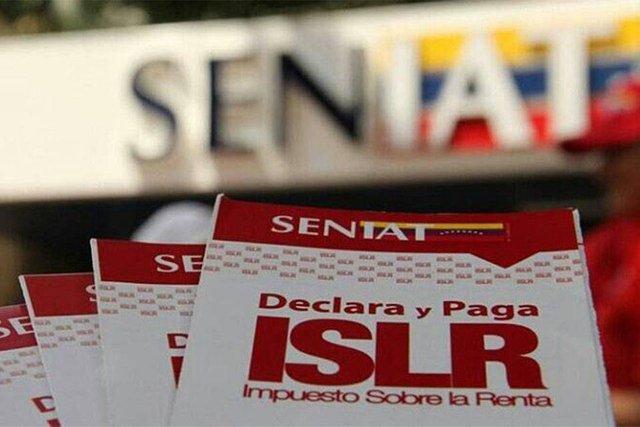States in the constant search to increase tax collection, institutions such as Seniat in Venezuela promote the application of collection strategies, such as tax action plans. In the case of the zero evasion plans, which constituted permanent control operations, due to the need to reduce tax evasion and avoidance.

This action is carried out through awareness-raising measures for the population, with emphasis on traders, industries and special taxpayers, and thus create a tax culture framed towards the fulfillment of formal duties. In this sense, the regulating entity has the power to apply different sanctions, as the case may be, established in the Organic Tax Code.
It is important to mention that the Income Tax (ISLR) is one of the taxes that generates the highest revenues for the State. The ISLR is classified as an ordinary tax and among its characteristics it presents the criterion of periodicity in its payment, being established by the State to obtain a secure and immediate source of income in the short term; likewise, we may add that it is a tax instrument of easy collection and self-assessment.
However, reforms have been introduced that incorporate elements of uncertainty in its declaration by taxpayers and also increase the tax compliance activities imposed by the authorities, which also require diligent and careful tax planning to ensure that the decisions taken by the company today do not result in unforeseen tax implications in the future.

Therefore, Income Tax (ISLR) tax planning consists of previously scheduling the taxable base of this tax, which is divided into income tax base and inflation-adjusted tax base, mainly by reviewing the elements that make up the taxable base and carefully scheduling the magnitude assigned to each of these.